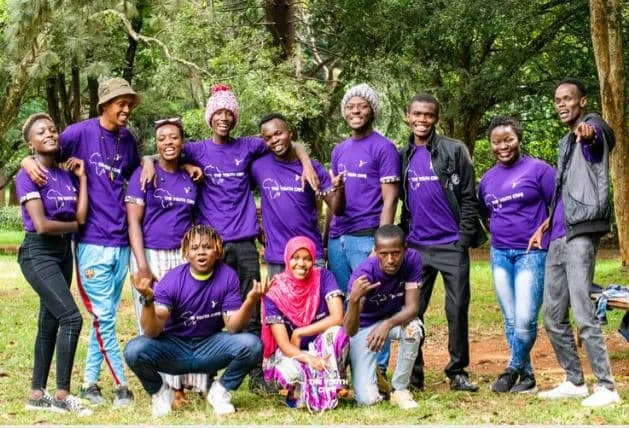In a recent dialogue on girls’ education, hosted by GPE and the UK’s Foreign, Commonwealth, and Development Office, Ministers of Education from GPE partner countries and business executives from major regional and global companies came together to discuss how the business community’s initiatives around girls’ education could be aligned to national education priorities.
Our Commitment: Giving Girls In East And Southern Africa A Voice And Securing Their Future
The East and Southern African Commitment has been an essential regional framework to ensure the two key Ministries coordinate their commitment to adolescent sexual and reproductive health and rights more efficiently while including other line Ministries, such as social affairs, gender and youth, as well as young people and civil society organizations, to deliver comprehensive sexuality education in and out of schools.
Reflections On The UN Commemoration Of Beijing+25
We have insisted decades ago, precisely in the Beijing Declaration and Platform for Action, that gender equality and women’s human rights are not meant to be conceived as only as a national issue. Rather, a full understanding of what it means to mainstream gender equality at the core of every actions requires us to center our attention on global macro and structural measures. This is perhaps where Member States have a glaring debt in the face of their international commitments in relation to women’s human rights
Youth-Led Gender Activism Towards Inclusive Peace-Building
Young women are at the intersection of these two agendas and should therefore be actively engaged in the conversations surrounding peace-building, peace-negotiations, and peace-keeping. It is becoming increasingly difficult to ignore the role of young people in furthering gender activism. Young women have particularly been previously excluded as ‘youth’ has been translated as ‘young men’ in the context of war, conflicts, and peace-building.
Meet The Young Woman In Uganda Advocating For Women’s Health. Her Secret? Love What You Do.
“In my four years of clinical practice, I witnessed how much misinformation resulted in serious health problems for the public,” Brenda says. “Health education matters a lot in Uganda because the prevalence of infectious and non-communicable diseases is still very high.”Indeed, the prevalence of non-communicable diseases such as cardiovascular disease, chronic respiratory disease and cancer has increased rapidly in years past, accounting for 35 percent of the country’s deaths in 2014, according to the World Health Organization.






